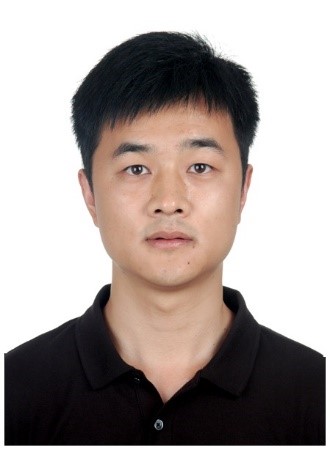
Associate Professor Chuan Luo
Sichuan University, China
Title: Scalable Distributed Rough Hypercuboid Approach
Abstract:
The popularity of granular computing, to a large extent, is due to the theory of rough sets. As a concrete theory of granular computing, rough set model enables us to tackle incomplete knowledge, manage the inconsistent information, and manipulate different levels of granularity. In that context, much attention has been paid and continues to be given to the rough sets in modeling and propagating uncertainty from both theoretical and applied points of view. The selection of prominent features for building more compact and efficient models is an important data preprocessing task in the field of data mining and machine learning. Rough set offers a powerful information granulation-oriented feature selection framework from data with imprecise, inconsistent and incomplete information. Noting that there is a growing consensus among the data science communities that the proliferation of data volume presents an immediate challenge pertaining to the scalability issue in recent years. As a practical pathway to pursue the challenge of explosive growth of data, parallelization of algorithms by exploiting high performance computing resources in a distributed computing environment have increasingly gained strengths in facilitating large-scale data analysis. In this tutorial, we focus on the scalability aspect of the rough sets-related research. We will introduce our recent attempts for improving the scalability of rough feature selection approach via the parallel and distributed optimization under the premise of ensuring accuracy.
Biography:
Dr. Chuan Luo is currently an Associate Professor with the College of Computer Science, Sichuan University, Chengdu, China. His current research interests include granular computing and rough sets cloud computing and incremental learning. He has published more than 100 research papers in international conferences and journals, such as the IEEE TKDE, IEEE TPDS, IEEE TNNLS, IEEE TFS, etc. He won the Natural Science Prize (2nd Grade), awarded by the Ministry of Education of China (2021). He is the recipient of two Best Paper Awards at the 12th International FLINS Conference on Uncertainty Modeling in Knowledge Engineering and Decision Making (FLINS’16), and the 2012 Joint Rough Set Symposium (JRS’12), a Workshop Best Paper Award at the 2019 IEEE Cyber Science and Technology Congress (CyberSciTech’19), and two Best student Paper Awards at the 2015 International Joint Conference on Rough Sets (IJCRS’15) , and the Joint Conference of 13th China Conference on Rough Sets and Soft Computing (CRSSC’13). He serves as an Area Editor of International Journal of Computational Intelligence Systems, Editor of Human-Centric Intelligent Systems, CCF Cultural Ambassador, Member of Special Committee of CAAI Granular Computing and Knowledge Discovery. He was included in the 2023 Stanford's list of World's Top 2% Scientists in the latest "single-recent-year-impact" metric. In 2024, he was elected as a backup candidate for academic and technical leaders in Sichuan Province, China.